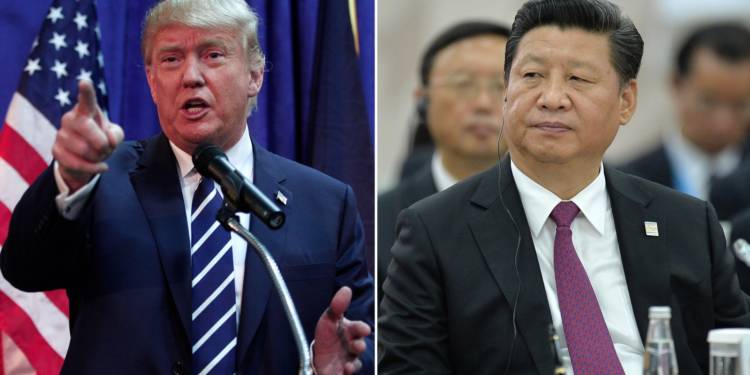The United States government has decided to ban people from downloading TikTok and WeChat, the popular video-sharing app and messaging-cum-payments app respectively. The Department of Commerce of the Trump led administration said that users would not be able to download these apps from any platform because the American government is banning them on the grounds of national security.
“At the president’s direction, we have taken significant action to combat China’s malicious collection of American citizens’ personal data,” the US Department of Commerce Secretary Wilbur Ross said in a statement.
The department acknowledged that the threats posed by WeChat and TikTok were not identical but said that each collected “vast swathes of data from users, including network activity, location data, and browsing and search histories”.
But, Tencent, the owner of WeChat, contested this and said, “We will continue to challenge the unjust executive order, which was enacted without due process and threatens to deprive the American people and small businesses across the US of a significant platform for both a voice and livelihoods.”
As opposed to TikTok, the WeChat ban is not as much about business as it is about fuelling an anti-CCP sentiment in the 3.8 million-odd Chinese nationals living in the United States. Chinese students, journalists, researchers, investors and professionals in the US stand largely cut off from their friends and families in mainland China after the WeChat ban. And now they are going to ask some tough questions of the CCP.
WeChat has a total of 19 million users in the US, which is nothing compared to say TikTok. But for the people of China, living in the US, WeChat is a super-app. It offers a multitude of services including instant messaging, payment services, social networking, media updates, e-commerce and email services.
Matt William Knowles, a 34-year-old actor based in Los Angeles who frequently signs projects in China told Digital Trends, “My WeChat is my Rolodex and my keeper. It holds years and years of conversations, financial transactions, and job communication. It is my email, phone, text, bank, twitter, and much more, all rolled into one. There are no other alternatives that work as well.”
Shiqi Ling, a 24-year-old Chinese student staying in the US said, “WeChat is one of the apps I check first when I open my eyes every morning and it’s probably the last thing I use as well. It creates a community for us to stay connected.”
WeChat was used by Chinese expatriates for building online communities, and with its banning, every segment of Chinese Diaspora from journalists to investors and students/ researchers are going to suffer. The effect goes way beyond just cutting contact with families and friends. Within China, those who cannot contact their loved ones abroad will also be angry at the CCP itself.
Banning WeChat is, by far, the most incisive and sentimental move. It creates a major butterfly effect directly concerning the people of China. The US President is bringing to light how the Chinese government is so infamous and its misconduct so disillusioning that Chinese expatriates in the US cannot reach out to their families in mainland China.
Ultimately, Chinese people will also question the Great Chinese Firewall that bans all major American networking apps and cuts off China from the outer world. Beijing has no reasonable explanation for walling Chinese people from the exterior world and now it will have a lot to explain to its citizens.
As such, Trump’s decision is already showing effect. Tencent, the parent company of WeChat, registered a sharp decline of 5.04 per cent in its shares on Friday. Tencent is a tech giant and leader in the gaming apps sector. The move to ban WeChat could, therefore, hurt the Chinese tech sector beyond the instant messaging app itself.
By kicking WeChat out of the US, Trump is causing more financial losses to China. But more importantly, he is laying the groundwork for a massive revolution against the CCP which can kickstart the process of its downfall.




























